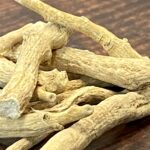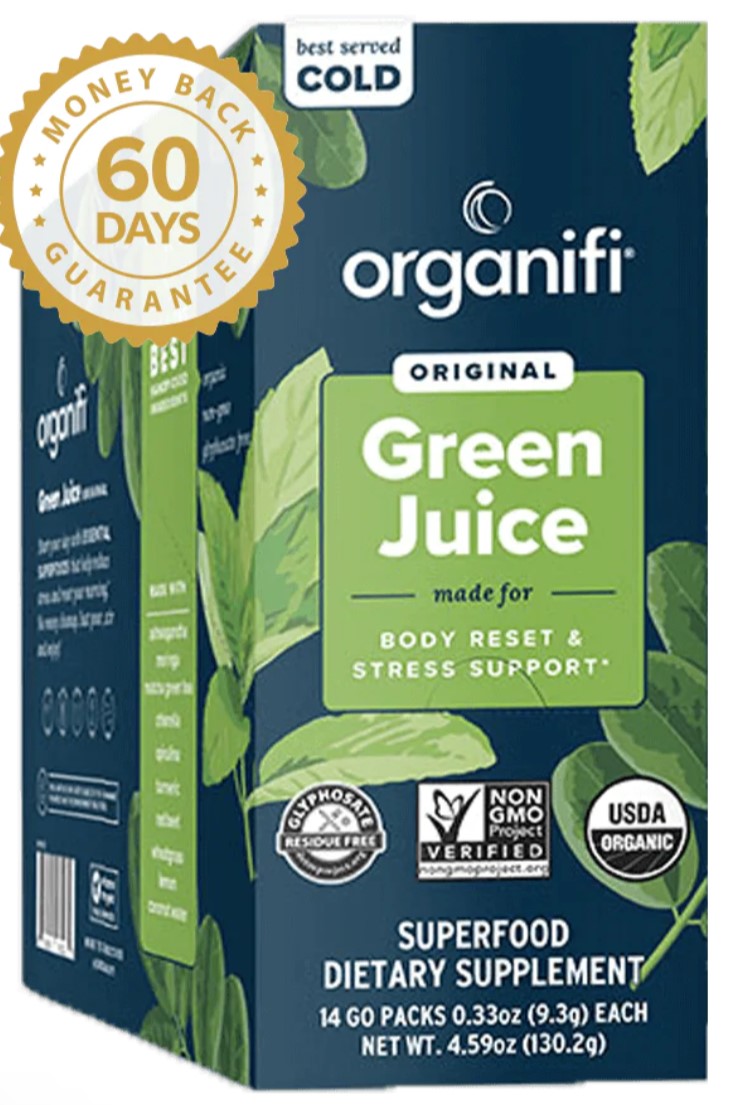Best Ways To Take Ashwaganda | Drink Your Superfoods
Ashwagandha is popular in natural medicine and Ayurveda for improving the wellbeing and digestion. Ashwagandha has many benefits which includes strengthening the human nervous system, protecting the cells of the body from oxidation, regulating blood sugar, modulating sleep quality, and many more.
This article breaks down the best ways to take it.
How to Take Ashwaganda
Treatment with Ashwaganda should always be under the care of a health care professional. Ashwaganda should only be used under the supervision of a healthcare professional, especially if a person has a medical condition that may be aggravated by Ashwaganda.
Each individual will respond to the Ashwagandha herb in a different way. If you feel any side effects or unpleasant experiences while taking Ashwagandha, then you should stop the treatment.
Ways of Taking Ashwaganda Supplements
Follow the instructions on the label and you’ll be fine. If your body is sensitive to Ashwaganda, it may cause some discomfort or a minor reaction. If so, increase your dosage.
Should I take more than 1.5g of Ashwaganda with every meal?
You probably shouldn’t. Ashwaganda should be taken only as prescribed by your doctor and as advised by an independent Ashwagarian. Any supplement that contains ashwaganda should be taken together with other nutrients, including non-heme iron. The more Ashwaganda you take, the more likely you are to get the most benefit.
Best Ashwaganda Green Drink
Our favorite is Organifi because it has Ashwaganda, plus 10 other superfoods.
It helps
- Detox the body of harmful toxins
- Reach a healthy weight naturally
- Reduce sugar cravings
- Lower cortisol & stress
Side Effects, Warnings, and Special Precautions
For years, the supplement has faced criticism as a potentially toxic substance. A 2014 study in the Journal of the American Heart Association found that a routine dose of 800 milligrams of Ashwagandha, which is the amount contained in a typical bottle of the supplement, was associated with five cases of coronary heart disease and three cases of stroke among more than 4,400 people.
The Centers for Disease Control and Prevention says in a 2016 publication that it considers Ashwagandha unsafe for use in people with abnormal heart rhythms. The supplement also carries a warning of increased risk of psychotic symptoms and suicidal thoughts in people under age 25, the agency says.
The Food and Drug Administration has cleared supplements like Ashwagandha for sale without having to prove that they’re safe. So consumers can buy them, but some would-be customers still have concerns. They’re generally apprehensive about the supplement because of its wide use as an herbal remedy.
In late April, the FDA requested public comments on whether to make dietary supplements with such added ingredients require approval before they can be sold. According to the FDA, some supplements “could raise safety concerns” if consumers aren’t aware of the risks.
Food & Drug Administration Should Supplement Manufacturers Have to Prove Safety Before They Sell Products?
Industry trade group the Natural Products Association said it welcomes the opportunity to provide the FDA with comments on the matter. The group represents makers of more than 200 supplements that use trace amounts of black pepper, Ashwagandha, ginkgo and other additives.
The Natural Products Association doesn’t see the need to regulate these substances, said Mike Polk, a spokesman for the trade group. They’re either consumed as part of a natural diet or used in combination with something else to treat symptoms, he said.
“These compounds aren’t new. They’re not here to harm us,” he said.
However, that’s not the case, according to the FDA. The agency’s proposal to require supplement makers to prove their products are safe, before they’re sold, reflects its updated regulatory approach to supplement safety, according to the agency.
“In an effort to protect consumers from a growing category of drugs and dietary supplements, the FDA is proposing that manufacturers of these drugs and supplements demonstrate safety and efficacy for these products before they are allowed on the market,” the FDA wrote in the request for public comments.
To bring a supplement to market, manufacturers would have to conduct research to evaluate the risks of the substance and show that it has been studied for that purpose, the FDA said. The agency’s goal is to change the risk-analysis standard for drug-to-be-marketed to the risk-analysis standard for the safety and efficacy of any new drug or supplement.
The FDA’s proposed changes could be a game-changer for supplements that are currently on the market, says Richard Amato, an environmental epidemiologist and pharmacology professor at Emory University.
Nearly 3,000 supplements are currently registered with the FDA, according to the agency. But the agency also received reports of 90 supplements being removed from the market, such as “carrot seed oil for chest pain” and “no-guarantee liquid crystal for scoliosis.”
The FDA does not currently require labels for many supplements showing that the product has been evaluated for safety and efficacy before it can be marketed to the public, according to the agency. If the agency decides to require labels showing that the supplement has been studied for safety and effectiveness before it’s sold, that could cause some confusion for consumers, Amato said.

